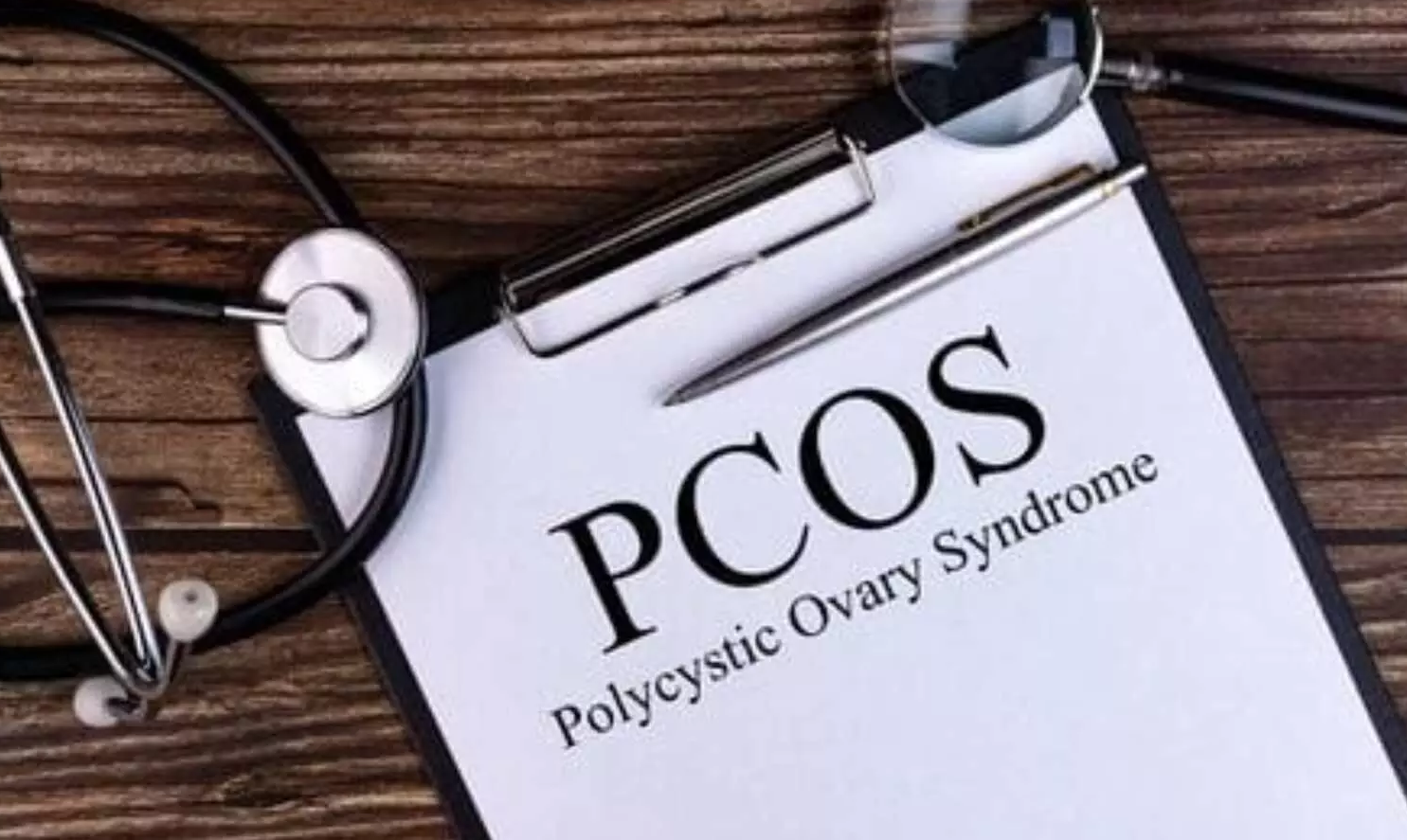Polycystic Ovarian Syndrome (PCOS) is a complex heterogeneous multi-system multi-hormonal disorder that affects millions of women worldwide, yet it often remains shrouded in mystery and misconceptions. PCOS is more than just a reproductive disorder—it’s a multifaceted condition that demands a closer look. This article aims to demystify PCOS, shedding light on its causes, symptoms, and the latest advances in treatment options, offering hope and guidance to those navigating this challenging journey. It is also known as PCOD (Polycystic Ovarian Disease), or Stein-Leventhal Syndrome.
Current incidence of PCOS (5%-15%) is increasing dramatically due to change in lifestyle and stress. In India, as per the latest updates, PCOS is notably on an increasing rate, reflecting a significant public health concern. The prevalence of PCOS in India is estimated to be between 3.7% to 22.5% among women of reproductive age group. It has become a common problem among adolescents nowadays. Some of the researchers have found that some women who develop a Cardiovascular disease, Hypertension , endometrial cancer or Type 2 Diabetes later in life appear to have suffered from PCOS in earlier years, which reflects the importance of prevention and knowledge in earlier stages itself.
Despite extensive research, the exact cause of PCOS still remains elusive, but several key contributors and theories have been postulated in the genesis of PCOS. Some of the very common and well-known factors which influence the onset of PCOS are Lifestyle changes, sedentary life, diet and stress. Genetic, familial and environmental factors also play an important role in the etiology of the Syndrome. Another important factor for the development of PCOS is an enhanced serine phosphorylation unification activity in the ovary (hyperandrogen) and a reduced insulin receptor activity peripherally (Insulin Resistance).
Obesity and PCOS have a complex and bidirectional relationship, influencing the onset and severity. At least 50%-70% of patients with PCOS tend to be obese or overweight. The adipose tissue(fat) secretes leptin, adiponectin, and cytokines, which interfere with the insulin signaling eventually resulting in Insulin Resistance, and Hyperinsulinemia .
Obesity can worsen the clinical manifestations of PCOS. For instance, weight gain can lead to more severe irregularities in menstruation, more pronounced hirsutism (excessive hair growth), and increased difficulties with fertility. Insulin causes High release LH(Luteinizing Hormone) which can cause infertility or miscarriage.
Obesity is characterized as the condition when BMI >30 kg/m² and waist line >88cm, waist/hip ratio >0.85.
Hyperandrogenism lowers the level of hepatic sex hormone binding globulin (SHBG), as a result levels of free testosterone in serum rises leading to Hirsutism (Excess Hair Growth). Androgen also suppresses the growth of dominant follicles and prevents apoptosis of smaller follicles.
PCOS clinically manifests in reproductive age with long term complications like Diabetes, Hypertension, hyperlipidemia, and Cardiovascular disease which collectively is known as ‘metabolic syndrome ‘.
Pathology
Ovaries are enlarged, multiple cysts (12 or more) of 2-9 mm size are located peripherally , which we can see on ultrasound. It’s important to note that there is a proper diagnostic criteria for diagnosing a case of PCOS. The criteria is known as ‘Rotterdam Criteria’. It states that at least two of three criteria should be present for confirming the diagnosis of PCOS. These are as follows:
- Oligo/amenorrhea (disturbances in regular menstrual cycles) , anovulation
- Hirsutism(excess Hair Growth/ Acne.
- Ultrasound findings that are >12 follicles of 2-9 mm arranged peripherally.
What are the Clinical features of PCOS?
Early adrenarche in the form of early pubertal hair and early menarche is observed in some patients. Menstruation for initial few years may be normal, but as PCOS develops, the cycles become oligomenorrheic (irregular and inconsistent periods) or they develop a short period of amenorrhea followed by prolonged or heavy periods. Pregnancy loss occurs in 20-30% cases due to abortions. Facial hair appears over the upper lip, chin, breasts, thighs. Baldness is sometimes noted.
Besides all this, the most important thing to remember is, that PCOS is totally treatable, and we have to address the mental stigma and lack of knowledge concerned with this particular disease.
Lifestyle modifications like, Diet and exercise help to prevent and cure the disease. With just 10% reduction in body weight, ovulation appears, and is beneficial for hirsutism as well. A proper diet is also of utmost importance; Consuming junk food can have negative impacts on PCOS due to its typically high content of unhealthy fats, sugars, and refined carbohydrates. These dietary choices can exacerbate several key issues associated with PCOS like Insulin Resistance, hormonal imbalances etc. Give up on Junk food, if you want your health to be optimal.
Other medications include insulin sensitisers, like Metformin. For regulation of cycles we can use OCP. Many more drugs are being used for different complications related to PCOS. Surgical management like ovarian drilling is also being used effectively nowadays.
With the knowledge that PCOS has long term adverse effects on the health of woman such as Development of diabetes, hyperlipidemia, Hypertension endometrial cancer etc, it is suggested that PCOS should be adequately treated at the earliest. Lifestyle changes are of utmost importance for all.
Efforts to increase awareness about PCOS, its symptoms, and implications on health are crucial for early diagnosis and management. Additionally, addressing lifestyle factors such as diet and physical activity is seen as a cornerstone in managing PCOS, alongside medical treatments tailored to individual symptoms and patient goals, such as fertility enhancement or metabolic health improvement.
As we navigate the complexities of PCOS, let us remember that prevention is our most powerful ally, illuminating the path toward a healthier, more balanced life. In the end, it’s not just about preventing a condition but nurturing a lifestyle that celebrates wellness at every turn.
(Author is MBBS Graduate. Email: [email protected])








